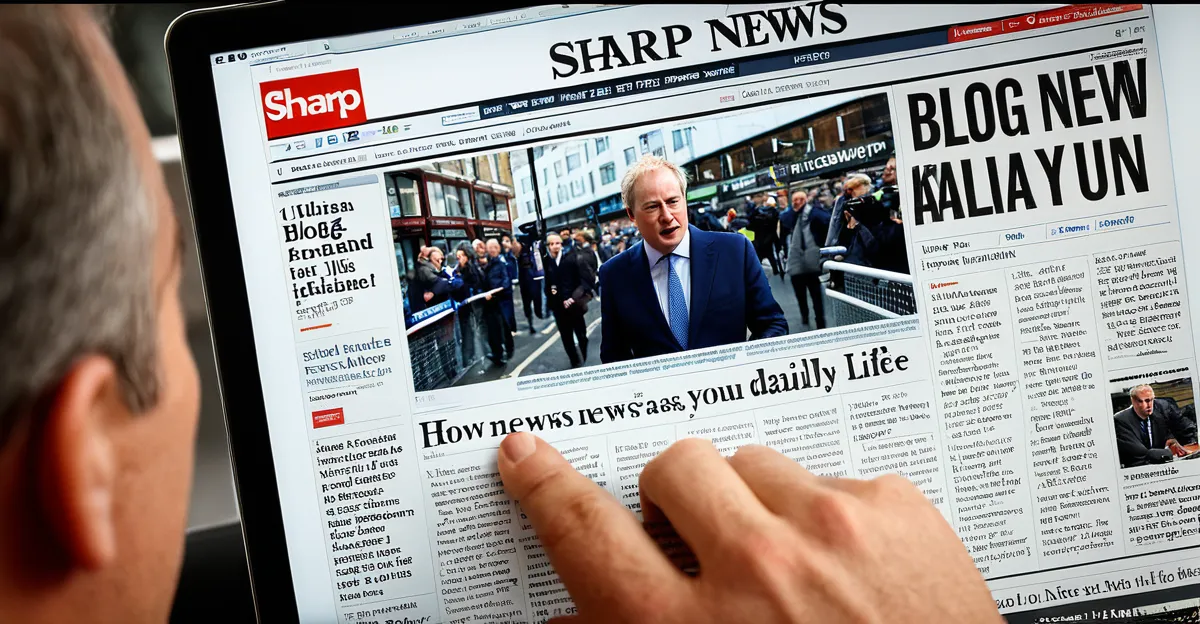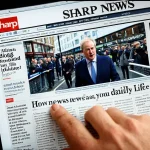Immediate Influence of UK News on Daily Decisions
Breaking UK news impact often triggers quick adjustments in people’s daily routines. When a headline announces sudden travel disruptions or weather warnings, individuals promptly change their plans—opting to work from home or leave earlier to avoid delays. For example, a sharp forecast of heavy rain can lead many to swap outdoor appointments for indoor activities.
News alerts play a crucial role in this swift behaviour shift. Push notifications deliver real-time updates, enabling users to respond immediately. These alerts empower individuals to rearrange priorities, whether it means skipping non-essential errands or modifying schedules to incorporate new information.
Real-life scenarios illustrate these immediate effects vividly. Suppose a report details unexpected road closures in a city area; commuters reroute their journey to avoid congestion. Similarly, breaking health advisories, like sudden pollution spikes or viral outbreaks, push people to adopt preventive measures, such as wearing masks or avoiding crowded places.
The immediate effects of UK news on daily decisions reflect how dynamic and reactive people are to information flow. Understanding this phenomenon highlights the importance of timely and accurate news delivery to help individuals optimize their day based on current realities.
News Shaping Public Opinion and Social Attitudes
News coverage of UK current affairs significantly shapes public opinion and influences social attitudes across communities. When the media highlights particular issues—such as social justice, immigration, or public health—these stories feed widespread conversations, gradually molding how people perceive and respond to societal matters.
For example, consistent reporting on topics like mental health awareness or environmental concerns increases sensitivity and support for related initiatives. This effect demonstrates the power of news in steering collective mindset beyond isolated incidents, nurturing empathy and activism.
Moreover, the press’s role in framing events often directs public priorities. Coverage emphasizing disparities or injustices may prompt individuals and groups to discuss and advocate for change, showing how social attitudes evolve in tandem with prominent news narratives.
The impact also extends to how communities debate cultural or political topics, significantly altering everyday social interactions. Thus, UK current affairs don’t just inform—they actively participate in shaping social discourse, blending media influence with community values to produce shifting, dynamic public opinions.








